According to Joe Minnitte from Proof Principles Matter and the podcast Your Money Explained, drive-thru purchases are the first expenses individuals should consider cutting when trying to pay off debt. He highlights that, “The easiest place to start that typically has the highest return are food and drink consumables,” such as buying coffee on the way to work or a burger on the way home.
He notes that, on average, people spend $2,100 per year on coffee and approximately $3,000 per year eating out. Minnitte suggests that eliminating these expenses could lead to a significant annual saving of $5,100.
Unnecessary Subscriptions
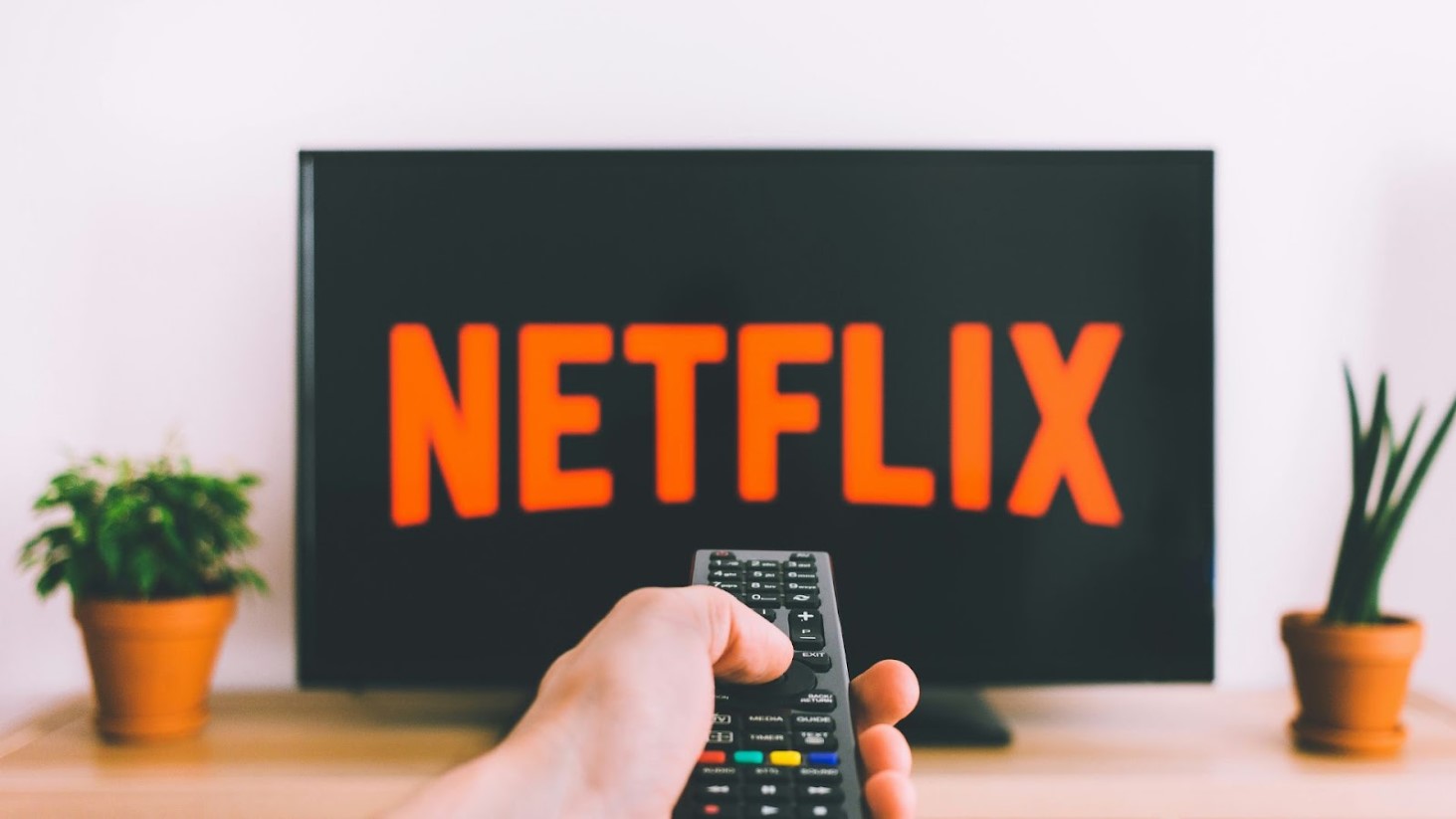
Loretta Kilday, Esq., senior attorney and spokesperson for Debt Consolidation Care, advises on the elimination of unnecessary subscriptions as a method for reducing expenditures. She explains, “This may include unused streaming services, magazine subscriptions that you rarely read and seldomly used gym memberships among others.”
Kilday points out that many individuals do not realize the amount they spend on subscriptions until they calculate the total cost, suggesting that cutting these can provide immediate financial relief without drastically impacting one’s lifestyle.
Entertainment Expenses and Debt Repayment Strategies

Another recommendation is to reduce entertainment expenses as a strategic move for those in debt. David Bakke, a personal finance expert at DollarSanity, argues that while entertainment is essential for a balanced life, overspending in this area can hinder debt repayment efforts.
Bakke suggests adjusting entertainment budgets accordingly, stating, “You shouldn’t be living it up when you’re in over your head financially.” He provides an example, recommending a reduction in weekly entertainment spending from $100 to $75 to save money that could be put towards debt.
The 50-30-20 Budgeting Framework
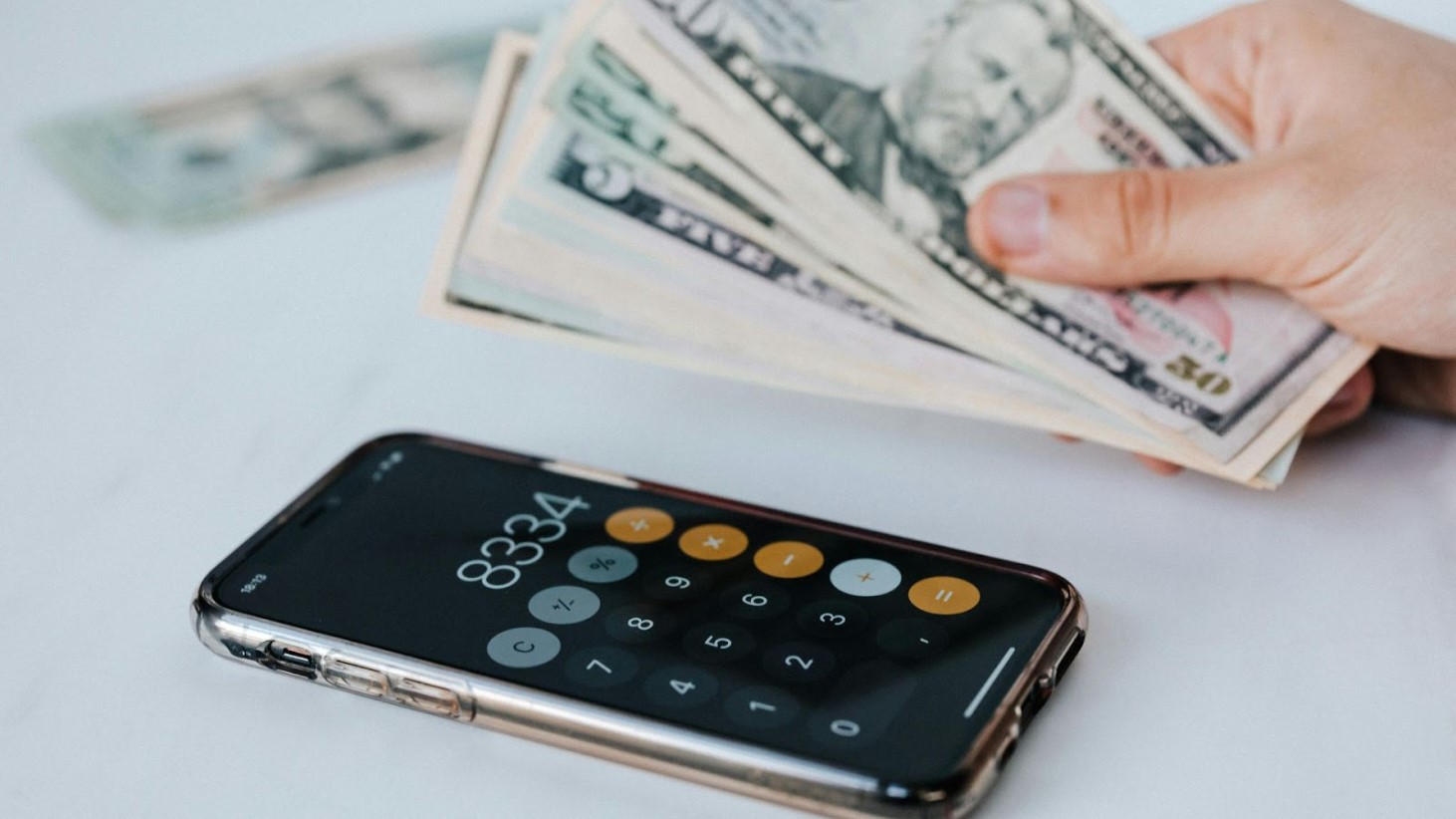
NPR notes that financial experts often recommend the 50-30-20 budgeting method as a guideline for managing personal finances.
This approach involves allocating 50% of take-home income to essential expenses, 30% to discretionary spending, and 20% towards savings and debt repayment. This balanced budgeting strategy aims to cover essential needs while ensuring that there is a dedicated portion of income for reducing debt and building savings.
The Financial Benefits of Reducing Vehicle Ownership

Bri Conn, an investment advisor representative of Childfree Wealth, shares her personal experience with downsizing to one vehicle to save money.
She explains how, by selling her paid-off vehicle and sharing one car with her spouse, they managed to save at least $5,000 from insurance, maintenance, and gas expenses alone. Conn’s example demonstrates how reevaluating transportation needs can contribute to financial savings and assist in debt reduction.
Dining Out vs. Debt Reduction

Personal financial consultant with Take Charge America, Michael Sullivan, emphasizes the high cost of dining out when trying to manage debt.
He suggests that eliminating dining out completely can lead to significant savings, stating, “A family of four eating out once a week likely spends over $200 a month and could pay off $150 in debt a month by eating at home.”
Cutting Back on Fixed Expenses
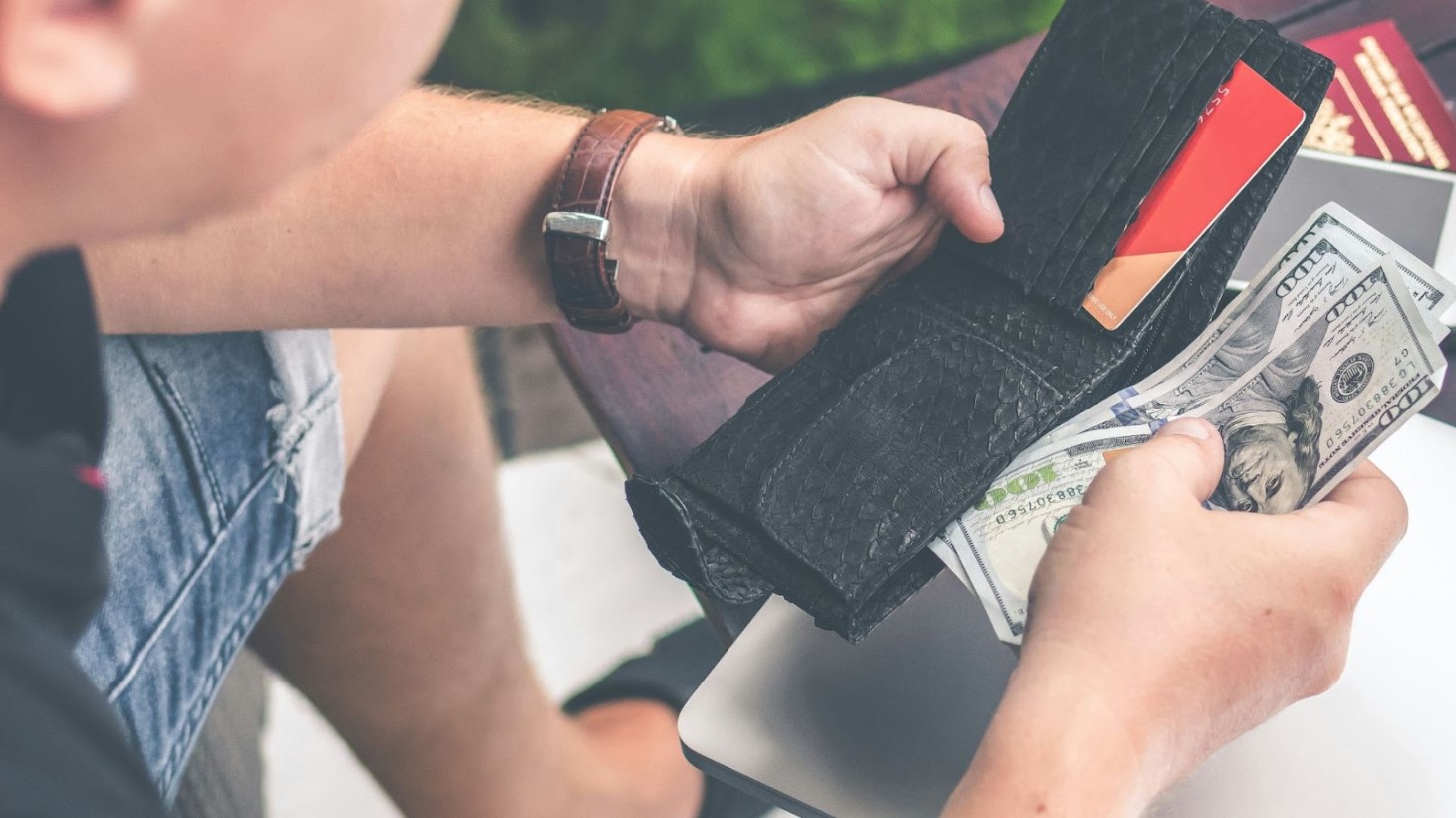
The importance of managing fixed expenses is highlighted by financial advisors who suggest that reducing costs such as rent, mortgage, car insurance, and utility bills can lead to significant savings.
Kristin Wong, author of “Get Money: Live the Life You Want, Not Just the Life You Can Afford”, says in an interview with NPR that these expenses are often the largest in a budget, and cutting back on them can provide more financial flexibility and contribute to debt reduction efforts.
Managing Variable Expenses for Savings
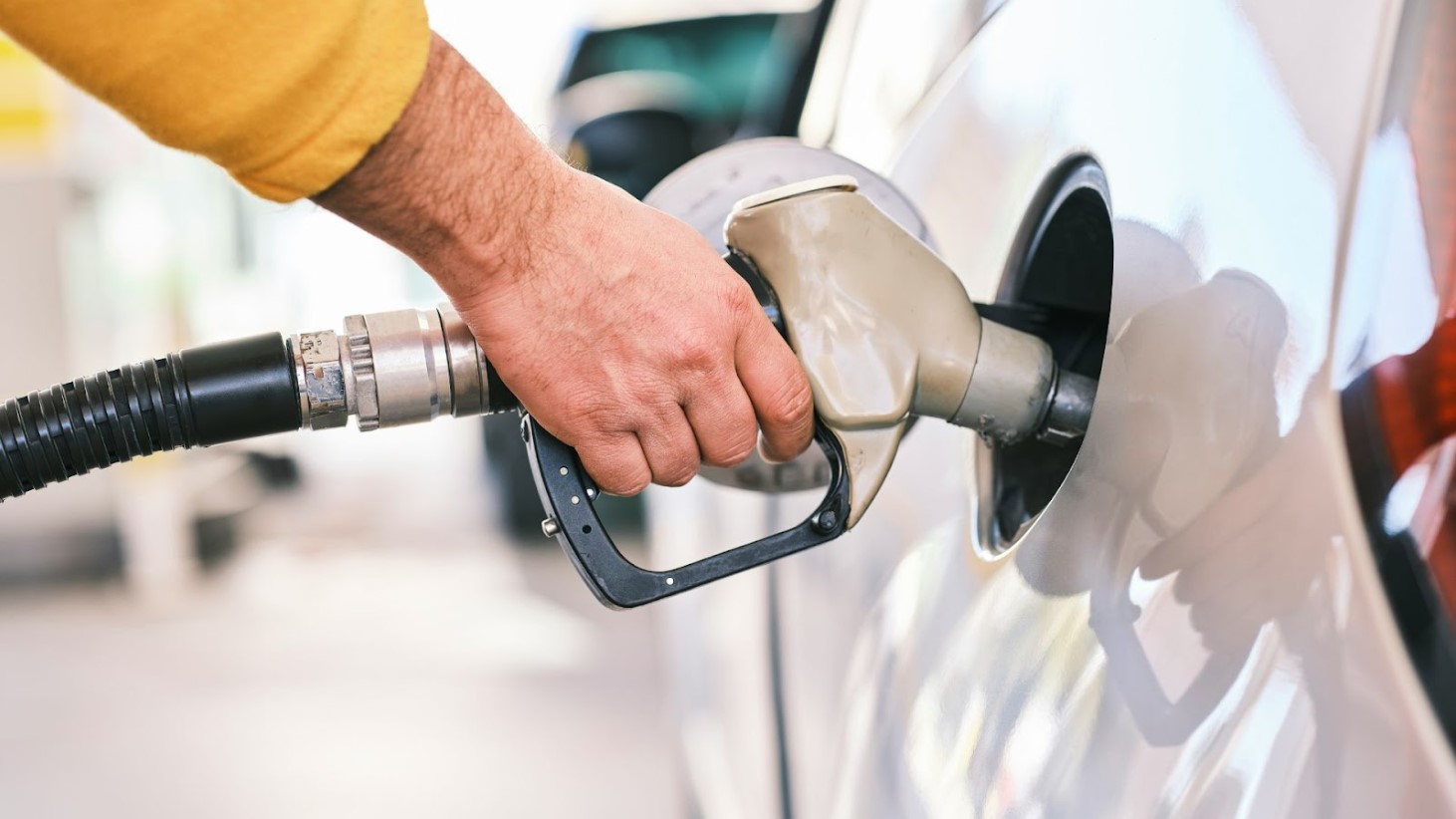
Fernández Paulino advises on the importance of controlling variable expenses too, which include costs such as food, gas, and electricity that can vary from month to month.
By setting targets and finding ways to reduce these expenses, individuals can save money without significantly impacting their lifestyle. Strategies such as using coupons, meal prepping, and shopping for discounts can help in managing these costs effectively.
Budgeting for Discretionary Expenses

Discretionary spending, which includes non-essential purchases, can be managed by creating a budget specifically for these items.
Financial planner Paco de Leon suggests using a “buy list” to avoid impulse purchases, recommending that individuals wait a predetermined time before buying desired items.
Strategies for Paying Down Debt
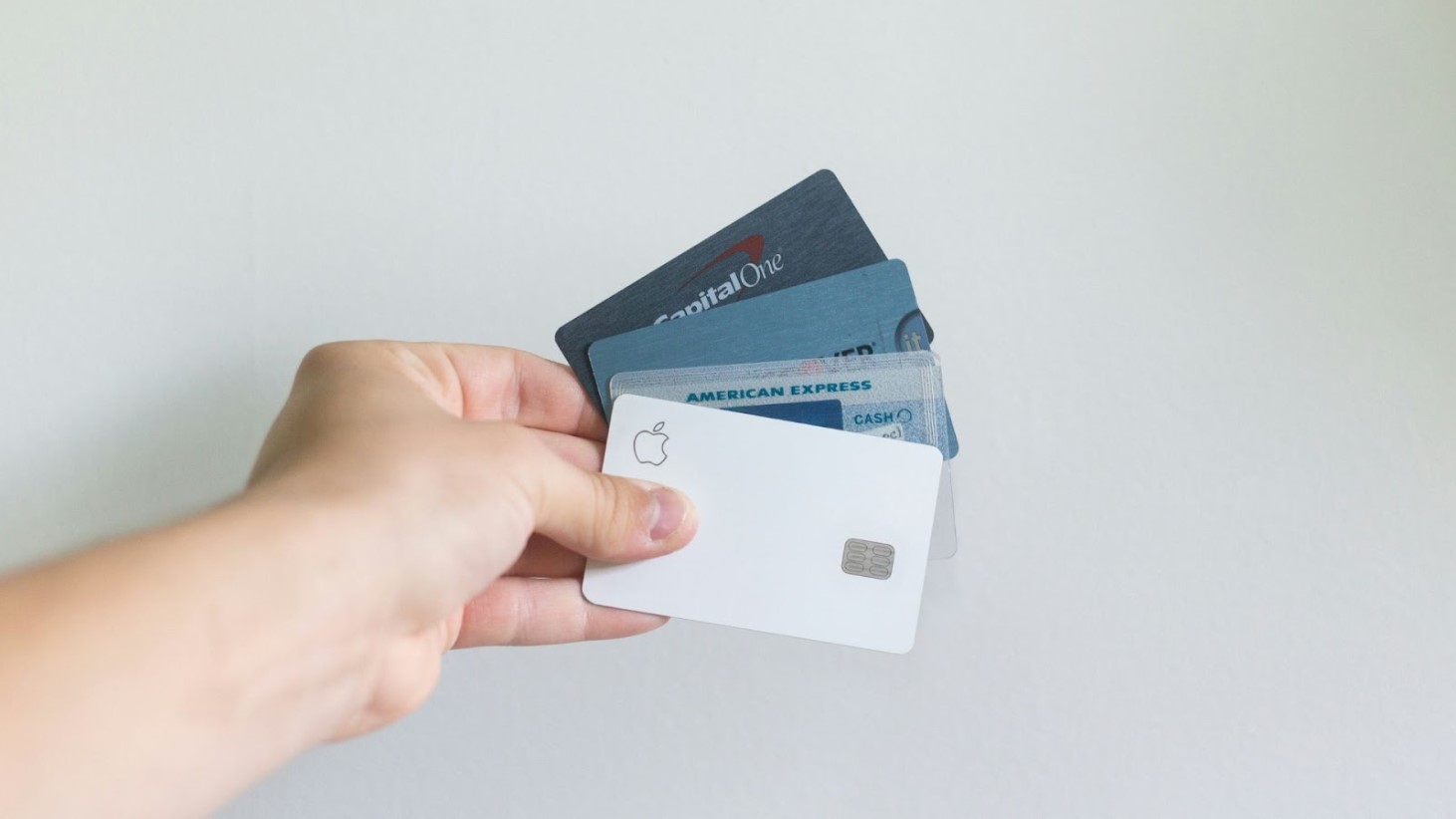
Creating a plan for debt repayment is crucial, with financial experts recommending methods such as the avalanche and snowball methods.
Paulino emphasizes the importance of making more than minimum payments on debts to accelerate repayment. Choosing a strategy that suits one’s financial situation can help in systematically reducing debt over time.
The Importance of an Emergency Fund
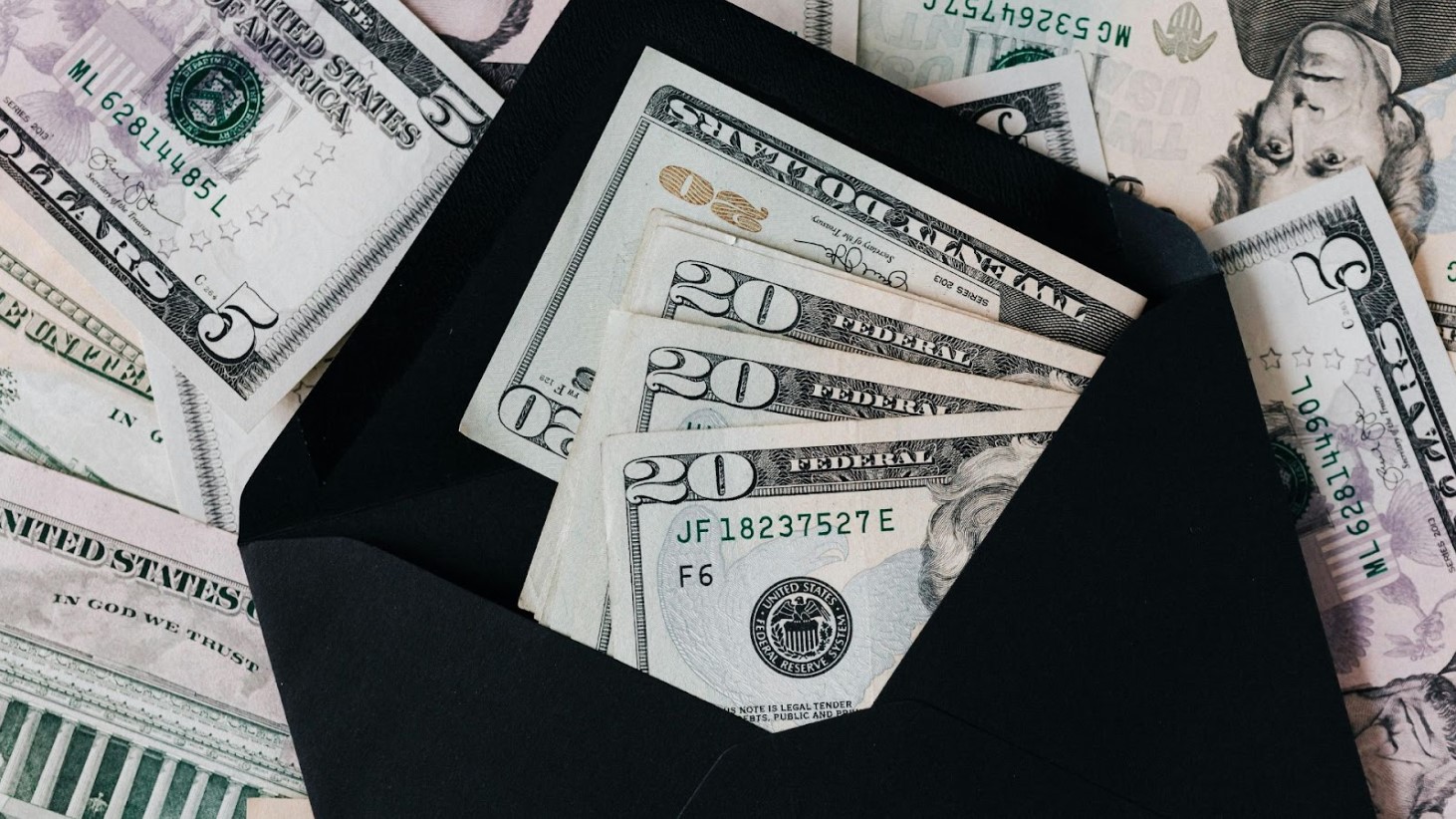
NPR highlights that having an emergency fund is essential for financial stability, with experts advising to save at least three months’ worth of expenses.
This fund serves as a financial safety net for unexpected expenses, ensuring that individuals are prepared for unforeseen financial challenges. Saving for emergencies is a critical component of a comprehensive financial plan.
Increasing Income to Improve Financial Health

Lastly, if reducing expenses is not sufficient, NPR shares that financial experts suggest exploring ways to increase income.
Whether through seeking a higher-paying job or starting a side hustle, additional income can provide the means to save more, pay down debt faster, and improve overall financial security.
